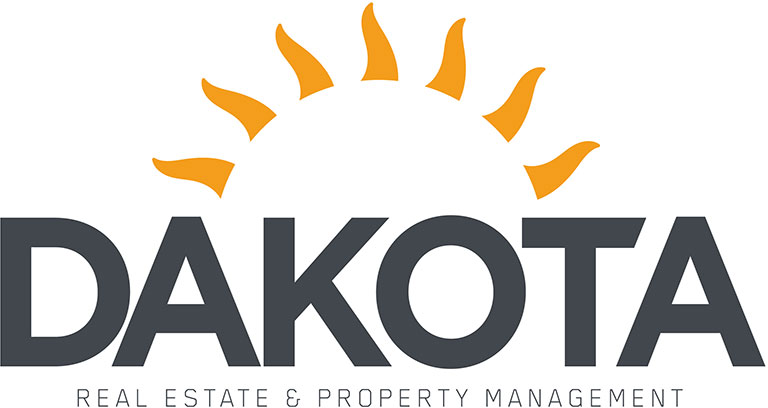Navigating Owner Statements for Smooth Tax Filing

Tax season can be stressful, but understanding your financial documents is key to a smooth filing process. Your Owner Statement, provided by Dakota Property Management by January 31st, is a crucial tool for this. It offers a comprehensive overview of your property’s financial performance throughout the year, detailing both income and expenses.
This statement is more than just a summary; it’s your roadmap to accurate tax reporting and informed financial planning. It breaks down all income generated by your property, including monthly rent collected, utilities collected, pet rent, and other income. This gross income figure should align with the gross income reported on your 1099-MISC form, which is also provided to you and e-filed directly with the IRS. Remember, the 1099 reports your gross income before any deductions.
Your Owner Statement also itemizes all property-related expenses, such as maintenance costs, management fees, and any other expenses throughout the year. This detailed breakdown simplifies identifying deductible expenses, helping you maximize your tax benefits. While the Owner Statement helps categorize these expenses, consulting with a tax professional can help you uncover additional deductions like depreciation, mortgage interest, and property taxes.
At Dakota Property Management, we make accessing these vital documents easy. Digital access allows you to conveniently review, download, and share these documents as needed.
Beyond tax preparation, your Owner Statement is a valuable resource for future planning. By analyzing your property’s performance over the past year, you can identify areas for improvement and strategize for the coming year.
We’re here to support you through the tax season. If you have any questions about your Owner Statement or need further assistance, please don’t hesitate to contact our team. A stress-free tax season starts with organized financial records.
